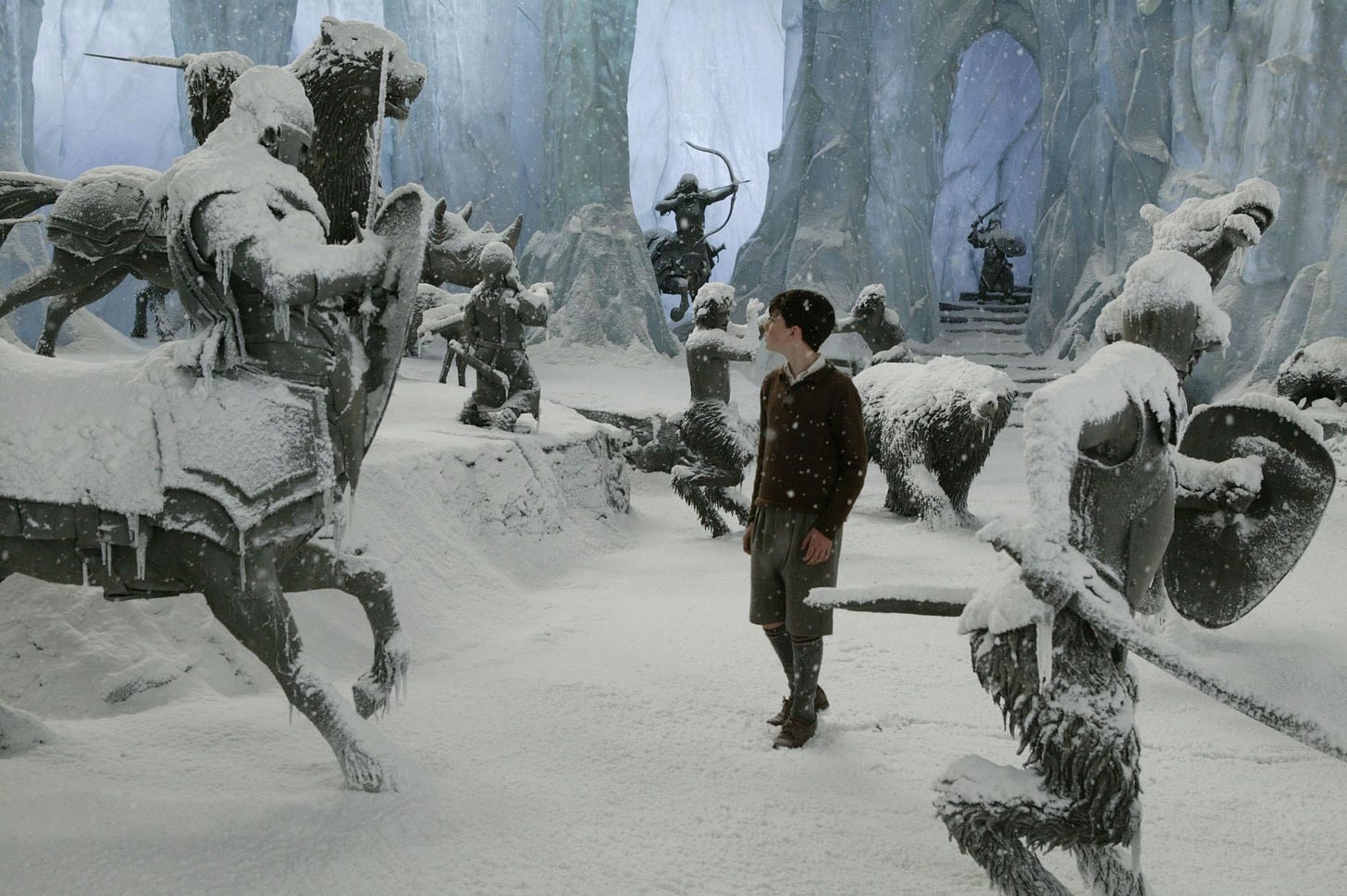What is Authenticity?
+ the fear of vulnerability
We often are searching for the authentic self - tracking tracings of the elusive self. As we tire of being the court jester - beckoned to perform for others, we become more like Peter Pan trying to catch his own shadow - crashing around the room until we're whole again. But we are always trying to be whole.
To be more authentic tends to lead to more positive life outcomes, more aligned decisions, better relationships - authenticity allows us to connect with our inner selves, those we love, and the world through our purpose. Authenticity is the emotional psychological maturation as we become ourselves. But the questions remain:
Who is the authentic self?
How will I know when I am authentic?
Authenticity is often the catalyst for change in peoples' lives. When we unlock the power of authenticity, life opens. I give somewhat of a tongue in cheek warning when clients start therapy - you won't be the same. Big change happens when we connect to authenticity - sometimes it's divorce, changing jobs, going to school, leaving school, moving countries. When we dust off the topsoil of people pleasing and fear of perfectionism, people have a tendency to do the thing they're wanting to.
To be authentic is to connect with what I call our Original Self - the self who we would have been before socialization or expectations or roles imprinted their script upon our psyche. When we "put on" the expectations of family, society and everything in between, the Original Self becomes cryogenically stuck. It's as if the external expectations crystallize upon the Original Self, turning to stone what was once alive.
To be inauthentic requires effort - it's exhausting to move through the world without breaking the stone crystallization around the Original Self. It's one of the reasons neurodivergent burnout is a thing - it is correlated to the effort masking takes.
To unmask is vulnerable because it is to be seen. And if you are seen for who really are, you could also be rejected for it. If you perform, however exhausting it is, then any rejection you experience is buffered because they aren't really rejecting you: they're rejecting the performance you're giving. It's a small protection against the risk of rejection. But it comes at a cost. While it may protect you from being *really rejected, it also keeps you from being *really known.
And what is worse for the human condition - to risk the possibility of rejection or to live in a world of your own isolation, without ever being fully known?
To be known is an existential need we have as humans - we are relational beings. Just as we need food, water and sleep to survive, we need relationships. We need to be known. We crave belonging, just as we crave warmth in the cold. We aren't baby turtles - we cannot find our own way to the sea. We require relationships to survive.
The process of becoming authentic is a Thaw - our psyche's desire for wholeness slowly chisels away at the hardened stone around the Original Self and we lose our tolerance for performance. When we get a taste for authenticity, we cannot unsee the possibility of a life actually lived.




